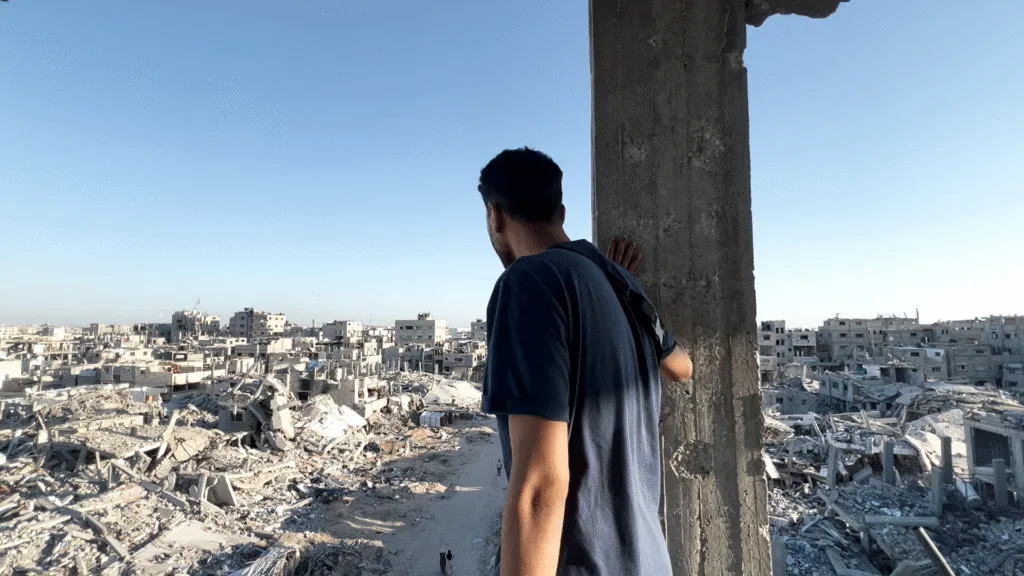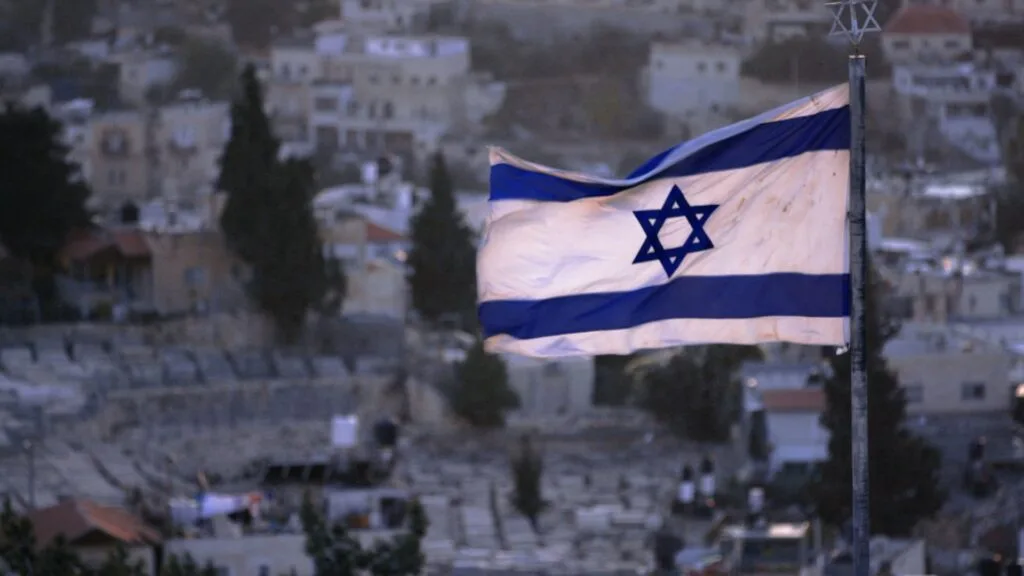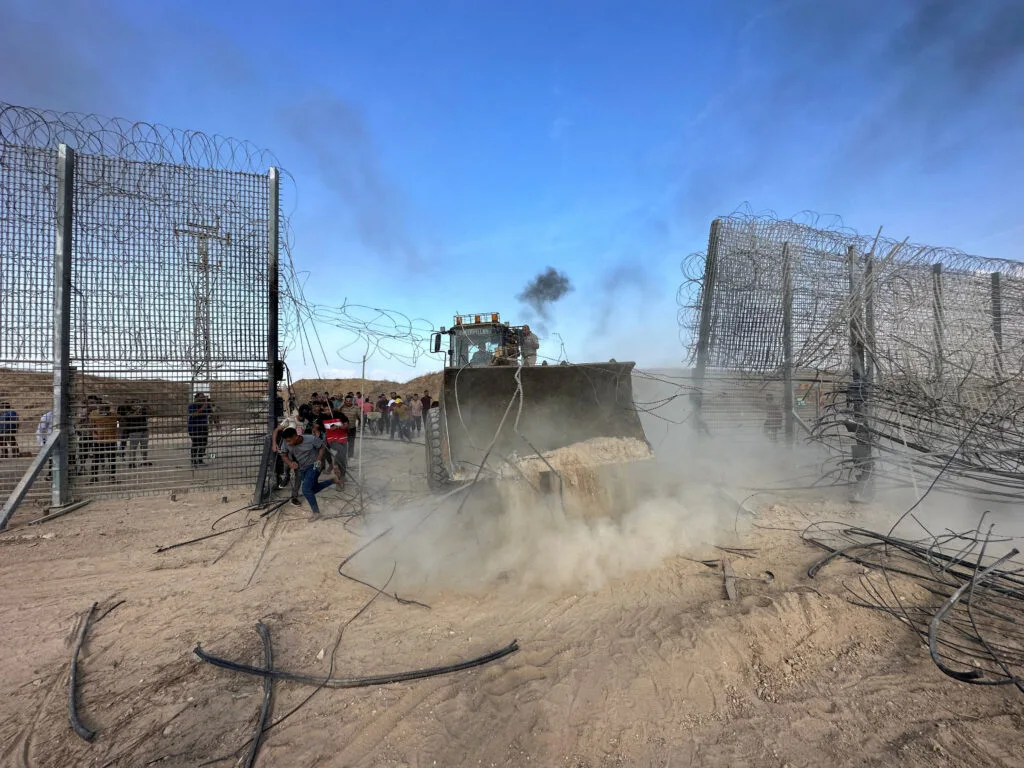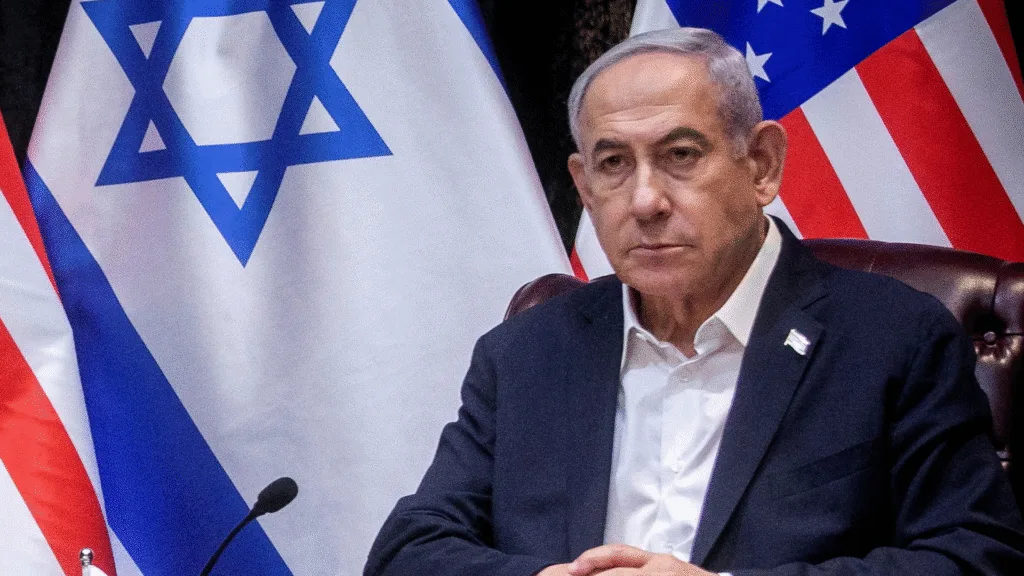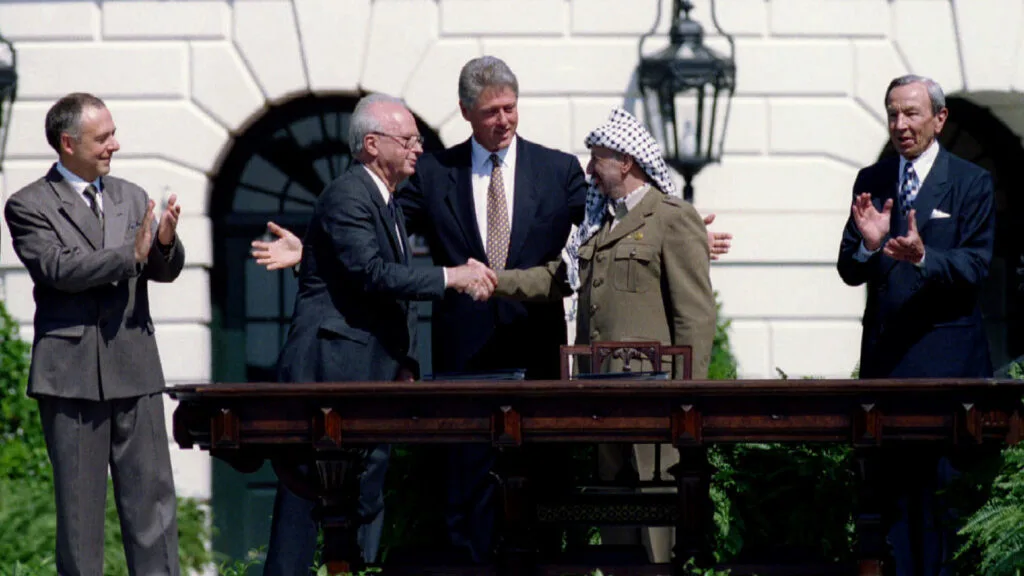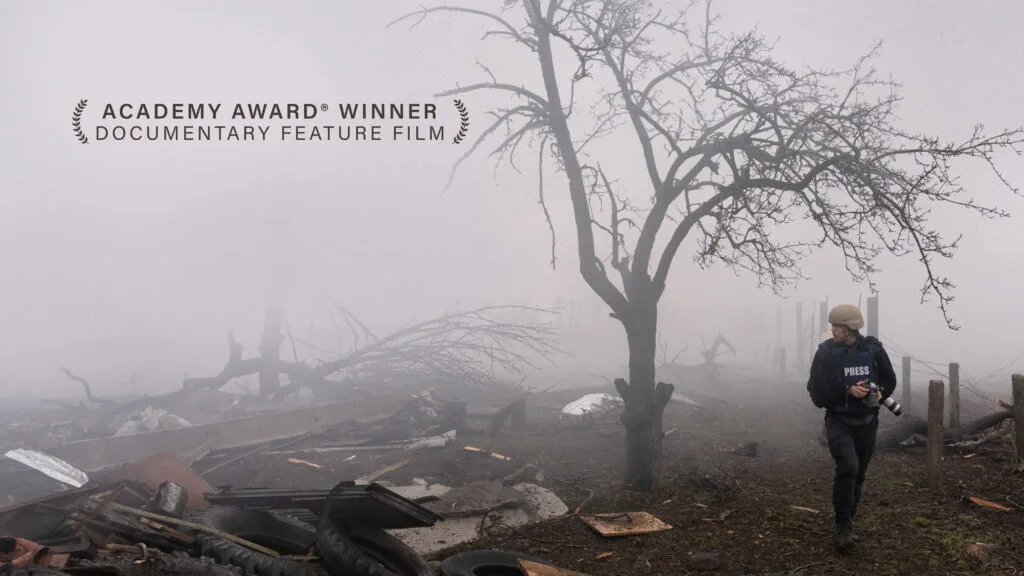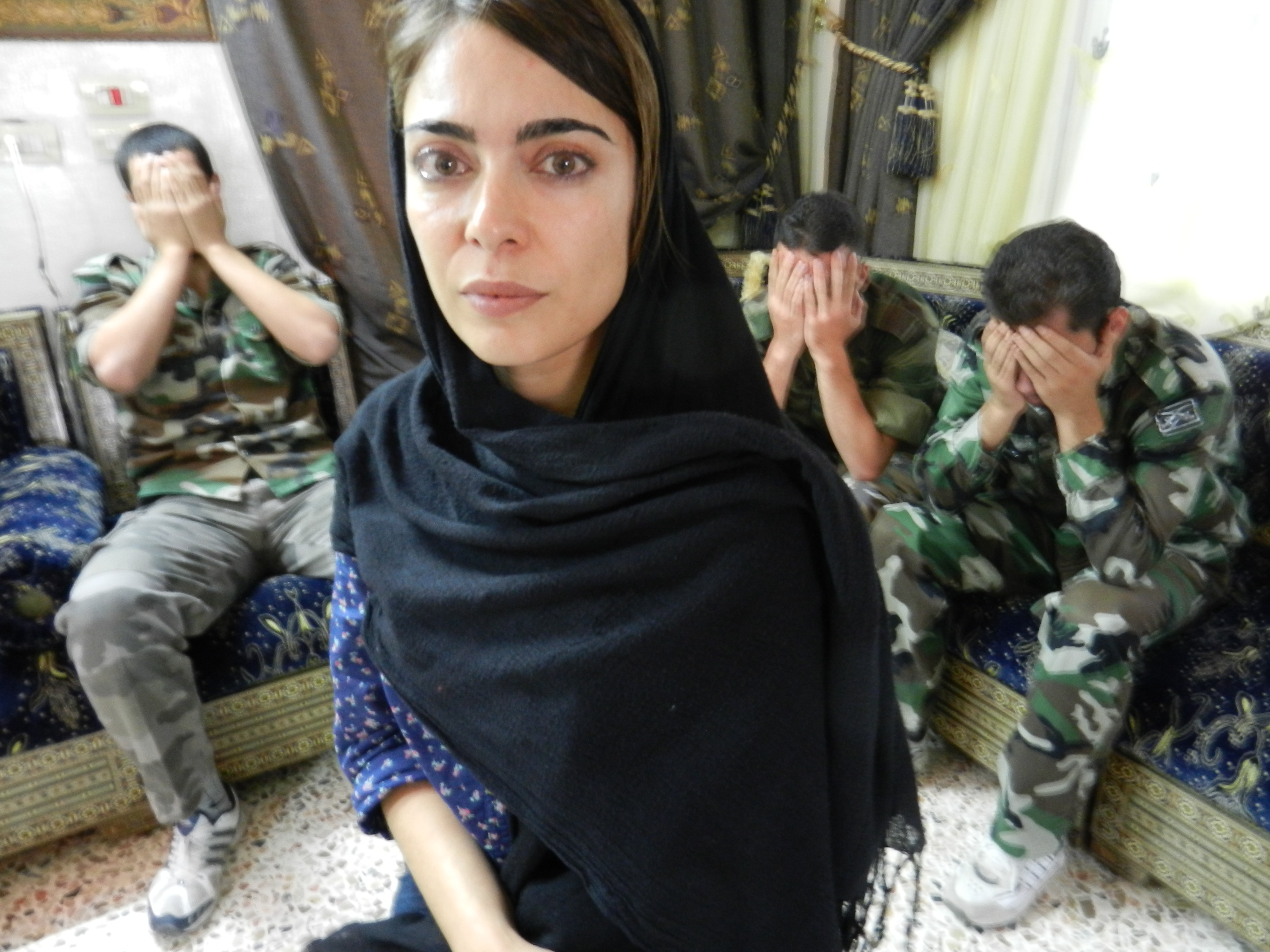How Has Syria’s Assad Managed to Hold Power for So Long?
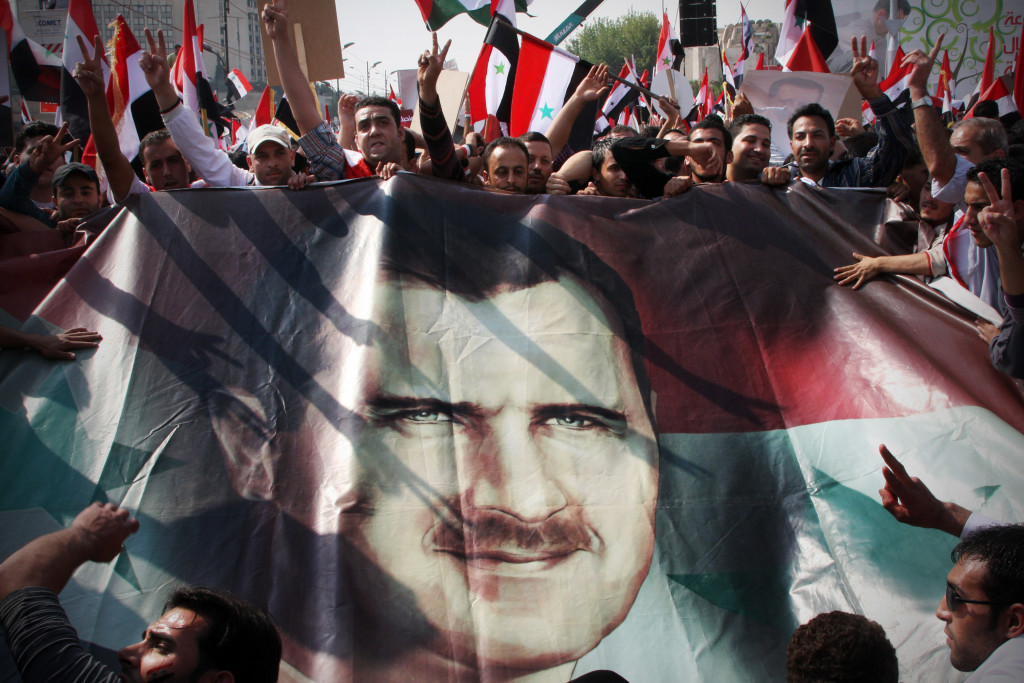
February 7, 2012
Share
Eleven months into a violent uprising that has taken the lives of more than 5,400 Syrians, how has President Bashar al-Assad managed to hold onto power while his counterparts in Tunisia, Egypt and Libya were toppled?
Today five experts weigh in over at The New York Times, but the question, which has some experts confounded and others unfazed, is one we also explored in our November report The Regime, produced by Marcela Gaviria and embedded above.
“We’ve seen a lot of surprises. Most people thought this regime would have crumbled and fallen by now.” — Syria expert Joshua Landis.The film traces the roots of the Syrian rebellion, from the lingering, deep-seated resentments that stem from repression under Hafez al-Assad’s regime, to the failed hopes for reform promised by his son, to the spread of the current uprising galvanized by the torture of 15 schoolboys in a small farming town last March.
“Those who believed in President Bashar al-Assad lost all that faith when the first bullet was fired at a civilian in the street in Syria,” Syrian opposition leader Ausama Monajed told FRONTLINE.
The film also conveys the complicated sectarian dynamics and regional politics that make the events in Syria so critical.
“I think it would be easy to make the argument that Syria’s rebellion is the most important of all the rebellions happening in the Arab world,” New York Times foreign correspondent Anthony Shadid told FRONTLINE. “Syria is so embedded in the relationships in the region, its longstanding alliance with Iran, its longstanding alliance with Hezbollah. The border it shares with Israel, the border it shares with Turkey and Iraq. And the idea that something could spiral out of control very quickly is not is not beyond the realm of possibility.”
Related Documentaries
Latest Documentaries
Related Stories
Related Stories
Explore
Policies
Teacher Center
Funding for FRONTLINE is provided through the support of PBS viewers and by the Corporation for Public Broadcasting, with major support from Ford Foundation. Additional funding is provided the Abrams Foundation, Park Foundation, John D. and Catherine T. MacArthur Foundation, Heising-Simons Foundation, and the FRONTLINE Trust, with major support from Jon and Jo Ann Hagler on behalf of the Jon L. Hagler Foundation, and additional support from Koo and Patricia Yuen. FRONTLINE is a registered trademark of WGBH Educational Foundation. Web Site Copyright ©1995-2025 WGBH Educational Foundation. PBS is a 501(c)(3) not-for-profit organization.




